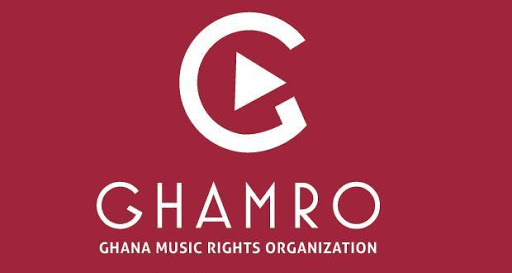Every artist in whatever form is entitled to the exclusive use of his creation and to enjoy any monetary gains made from the public display or performance of his work. Under Act 690, all creative artistes are entitled to copyright protection if their work falls under any of the works stated in Section 1 of Act 690. Section 1 of Act 690 states:
“An author, co-author or joint author of any of the following works is entitled to the copyright and protection afforded to that work under this Act
(a) literary work,
(b) artistic work,
(c) musical work,
(d) sound recording,
(e) audio-visual work,
(f) choreographic work,
(g) derivative work, and
(h) computer software or programmes”
Per section 1(2) of Act 690 A work will be afforded copyright protection in Ghana if
- it is original in character,
- it has been fixed in any definite medium of expression now known or later to be developed with the result that the work can either directly or with the aid of any machine or device be perceived, reproduced or otherwise communicated, and
- it is
(i) created by a citizen or a person who is ordinarily resident in the Republic,
(ii) first published in the Republic and in the case of a work first published outside the Republic is subsequently published in the Republic within thirty days of its publication outside the Republic, or
(iii) a work in respect of which the Republic has an obligation under an international treaty to grant protection.it is original; made in a fixed medium possible of reproduction; made by a citizen.
Once the works in question satisfies the criteria as stated above the owner of the work is entitled to copyright protection and the enjoyment of the moral and economic rights that come with copyright protection.
Under the Berne Convention for the Protection of Literary and Artistic Works (Berne Convention) of 1886 of which Ghana is a signatory, Article 11bis, music right holders have the exclusive right to authorise,
- the broadcasting of their works or the communication thereof to the public by any other means of wireless diffusion of signs, sounds or images;
- any communication to the public by wire or by rebroadcasting of the broadcast of the work, when this communication is made by an organisation other than the original one;
- the public communication by loudspeaker or any other analogous instrument transmitting, by signs, sounds or images, the broadcast of the work.
These set of rights form part of our laws in Ghana, and is reproduced in Sections 5 and 6 of the Copyrights Act 2005, Act 690.
Section 5 of Act 690 grants the author of protected copyright work, the exclusive economic right to do or authorise the doing of the following;
(a) the reproduction of the work in any manner or form,
(b) the translation, adaptation, arrangement or any other transformation of the work,
(c) the public performance, broadcasting and communication of the work to the public,
(d) the distribution to the public of originals or copies of the work by way of first sales or other first transfer of ownership, and
(e) the commercial rental to the public of originals or copies of the work.
The learned author Andrew Amegatcher in his book ‘Ghanaian Law of Copyright’ at page 26 describes economic rights in this manner,
“Economic rights are the rights of exploitation of the work and the resulting right of receiving remuneration there from. The creation of a work will not itself generate income for the author. It is the exclusive right it gives to the author to exploit his work . . . and to receive appropriate remuneration which makes copyright a commodity which can be bought, sold or transmitted to others by will. The economic exploitation of one’s work involves the author in many forms of licencing agreements.”
Per section 6 the author of protected copyright work has the sole moral right
“(a) to claim authorship of the work and in particular to demand that the name or pseudonym of the author be mentioned when any of the acts referred to in section 5 are done in relation to the work, and
(b) to object to and seek relief in connection with any distortion, mutilation or other modification of the work where that act would be or is prejudicial to the reputation of the author or where the work is discredited by the act.”
To aid artistes fully enjoy the economic rights associated with their work, Act 690 allowed for the creation of various associations to collect the monies due to artistes from their work.
Section 49 of Act 690 provides which is the basis on which artistes were allowed to form associations of their choice states:
“Section 49. Collective administration societies
(1) Authors, producers, performers and publishers may form collective administration societies for the promotion and protection of their interest.
(2) A collective administration society may, acting on the authority of the owner of a right, collect and distribute royalties and any other remuneration accruing to the owner.
(3) The Minister may, by legislative instrument, make Regulations for the formation, operation and administration of societies.”
By: Kwabena Frimpong Mensah Esq and Adwoa E Paintsil Esq






